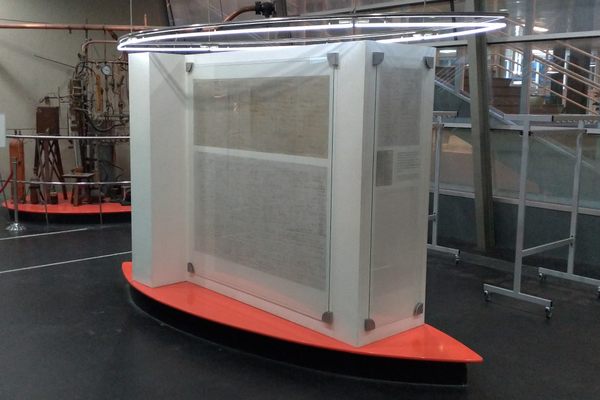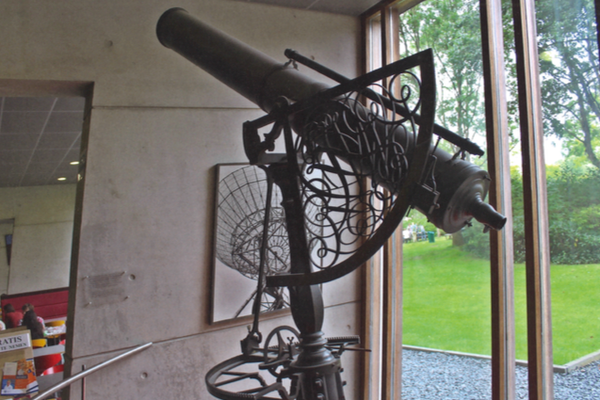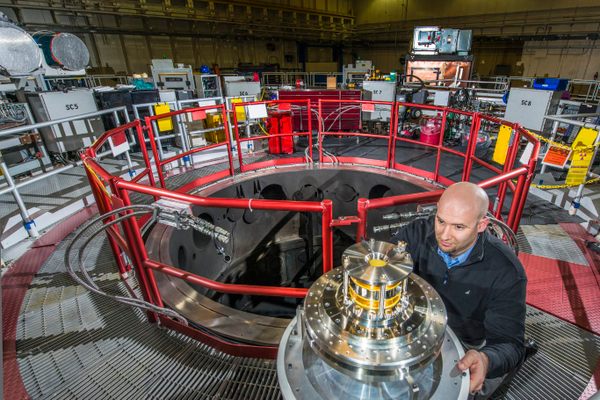About
The Bremen Drop Tower, an impressive microgravity tower in Germany, is the only one of its kind in Europe and one of just a handful in the world. Scientists from all over come to perform experiments with weightlessness, in fields like astrophysics, biology, chemistry, combustion, fluid dynamics, fundamental physics, material sciences, and to test equipment for space missions.
The 479-foot tall tower is the main laboratory of the University of Bremen's Center of Applied Space Technology and Microgravity, a.k.a ZARM. Inside the concrete tower is a steel tube with an elevation of about 360 feet. Containers were initially dropped from this height so scientists could study the effects of microgravity. But with the addition of a catapult, the container is now tossed up into the air, accelerating at 30 times the rate of gravity, over 100 miles an hour within 0.2 seconds. Now microgravity occurs for just over 9 seconds. The container lands in an enormous pool of polystyrene grain to safely decelerate it for future use.
At the base of the tower is tiny control room where scientists watch and record the experiments from multiple angles. Visitors are welcome, and ZARM offers a tour of the integration hall, which is considered the nerve center of the laboratory. Guides explain the way the drop tower works, and perform a series of small experiments to shed some light on the phenomenon of weightlessness.
Should anyone want to employ the tower for their own microgravity experiments, a user manual is available online, and ZARM boasts the honor of being one of the most economical choices for such experiments.
Related Tags
Published
September 25, 2017

























